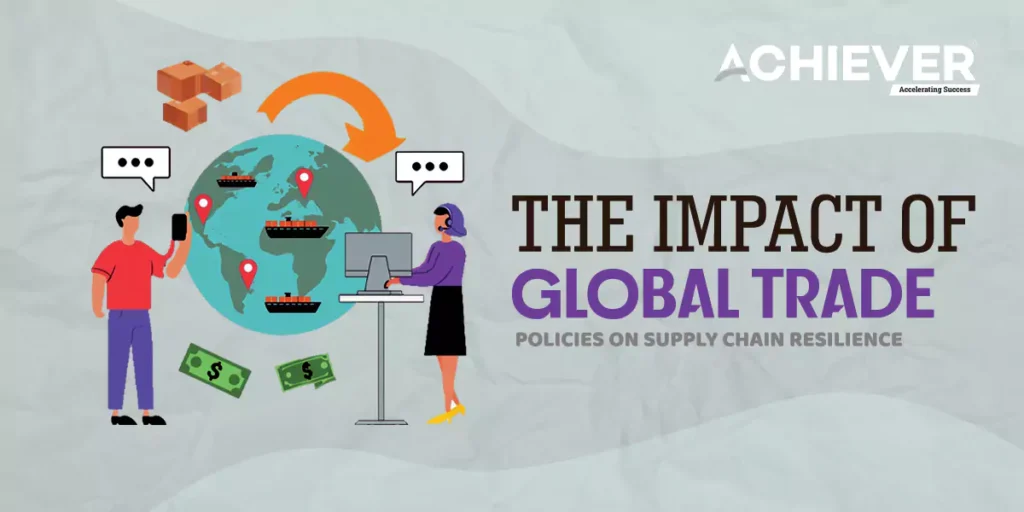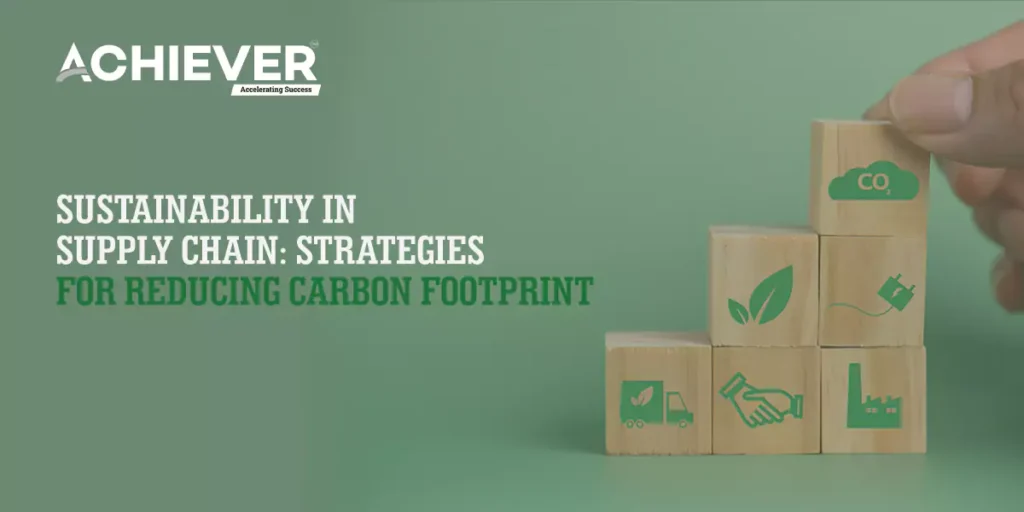In today’s rapidly evolving global marketplace, supply chains are becoming increasingly complex, necessitating innovative solutions to enhance transparency, security, and efficiency. One of the most promising technologies for achieving these goals is blockchain. Originally developed as the underlying technology for cryptocurrencies, blockchain has emerged as a transformative tool for various industries, particularly in supply chain management. This article explores how leveraging blockchain technology can significantly enhance transparency in supply chains, leading to improved trust among stakeholders, reduced fraud, and more efficient operations.
Understanding Blockchain Technology
At its core, blockchain is a decentralized and distributed ledger technology that enables secure, transparent, and tamper-proof recording of transactions. Each block in a blockchain contains a set of transactions, and once added, it cannot be altered without consensus from the network participants. This inherent immutability and transparency make blockchain an ideal solution for supply chains, where multiple parties must collaborate and share information without compromising security or trust.
Enhancing Transparency in Supply Chains
- Real-Time Data Sharing
One of the key advantages of blockchain technology is its ability to facilitate real-time data sharing among all participants in the supply chain. Traditionally, supply chains have operated in silos, with information fragmented across different systems and stakeholders. This lack of transparency can lead to inefficiencies, delays, and disputes. By implementing a blockchain solution, all parties—from manufacturers and suppliers to distributors and retailers—can access a single source of truth. This real-time visibility enables stakeholders to track the status of goods throughout the supply chain, improving decision-making and responsiveness.
- Traceability and Provenance
In an era where consumers are increasingly concerned about product origins and ethical sourcing, blockchain offers an effective means of ensuring traceability and provenance. For example, in the food industry, blockchain can track the journey of a product from farm to table, documenting every step along the way. This traceability not only enhances consumer confidence but also allows companies to quickly identify and respond to issues such as contamination or recalls. Additionally, industries such as fashion and pharmaceuticals can use blockchain to verify the authenticity of products, helping to combat counterfeiting and fraud.
- Smart Contracts
Blockchain technology can also facilitate the use of smart contracts—self-executing contracts with the terms of the agreement directly written into code. Smart contracts automate processes within the supply chain, ensuring that certain conditions are met before a transaction occurs. For instance, a smart contract could automatically release payment to a supplier once a shipment is confirmed as delivered. This automation reduces the potential for disputes and delays, streamlining operations and increasing overall efficiency.
- Improving Security
Supply chains are vulnerable to a variety of threats, including fraud, cyberattacks, and data breaches. Blockchain’s decentralized nature enhances security by making it difficult for malicious actors to alter or manipulate the data stored within the blockchain. Each transaction is cryptographically secured and linked to previous transactions, creating a chain of evidence that is virtually tamper-proof. By utilizing blockchain, companies can mitigate the risks associated with supply chain fraud and ensure that their data remains secure.
Real-World Applications
Several companies across various industries have already begun to implement blockchain solutions to enhance supply chain transparency. For instance, Walmart has partnered with IBM to create a blockchain-based food traceability system that allows the retailer to track the origin of its produce in real time. This initiative not only improves food safety but also enables Walmart to respond more effectively to consumer inquiries about product sourcing.
Similarly, De Beers, the diamond company, has developed a blockchain platform called Tracr to track the provenance of diamonds from mine to market. This initiative aims to eliminate conflict diamonds from the supply chain, ensuring that consumers can trust the ethical sourcing of their purchases.
Challenges and Considerations
Despite its potential, the adoption of blockchain technology in supply chains is not without challenges. Integrating blockchain with existing systems can be complex, and companies must invest in the necessary infrastructure and training. Additionally, the success of blockchain solutions relies on widespread participation among stakeholders. Establishing industry standards and fostering collaboration will be crucial for realizing the full benefits of blockchain in supply chains.
Conclusion
Blockchain technology holds the promise of transforming supply chains by enhancing transparency, improving traceability, and increasing security. By leveraging this innovative technology, companies can build trust among stakeholders, streamline operations, and meet the growing demand for transparency in today’s market. As more organizations explore the potential of blockchain, it is clear that this technology will play a pivotal role in shaping the future of supply chain management. The journey toward a more transparent and efficient supply chain ecosystem has just begun, and the possibilities are limitless.







